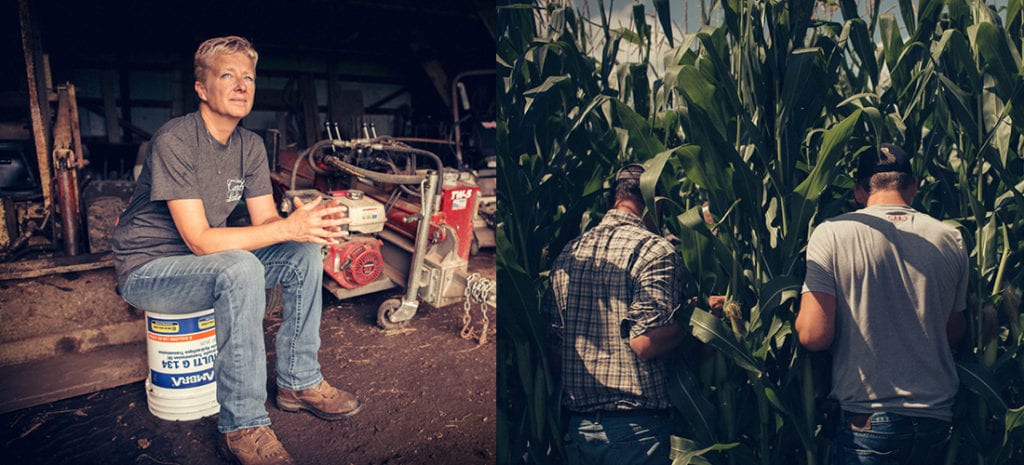HOW CHEMICAL DEPENDENCE TOOK OVER AGRICULTURE
Humans and nature are interconnected for many reasons, not least of all, because of our food needs.

The transition from hunter-gatherer to agricultural-based living was gradual, but posed revolutionary ecological and cultural transformations as centuries have passed. In the United States particularly, increased commercialized farming has simplified ecosystems, embraced monocropping and become dependent on chemical pesticides and fertilizers.
THE RESULT: Higher profit margins and greater output
THE CONSEQUENCE: We are still reaping the seeds we have sown by industrializing our agricultural systems.
We do know that the increase of chronic illness and environmental deterioration is inextricably connected to our use of chemicals in food production. What else? Our relationship to food, and the environment which provides it, has become significantly diminished.

“We bent nature to serve our needs. We achieved the economies of large-scale, specialized production as we applied the principles, strategies, and technologies of industrialization to farming.”
HOW DID WE GET HERE?
We have systematically depleted our natural resources, like fossil fuel and water, and polluted them further through the use of glyphosate and other pesticides. Worldwide, farmers use over 3 million tons of pesticides annually (Source: Oxford Research Encyclopedia). Our dependence on these chemical fertilizers, pesticides and herbicides are causing a public health crisis with little accountability on the part of manufacturers.
A surplus of cheap food has so far masked the real cost to consumers, but awareness is on the rise and action is soon to follow. Farmers and legislators, scientists and everyday consumers are working toward a more sustainable form of agriculture – one that supports the health of people and can help regenerate the planet. Join us!
Be Well. Be You.
